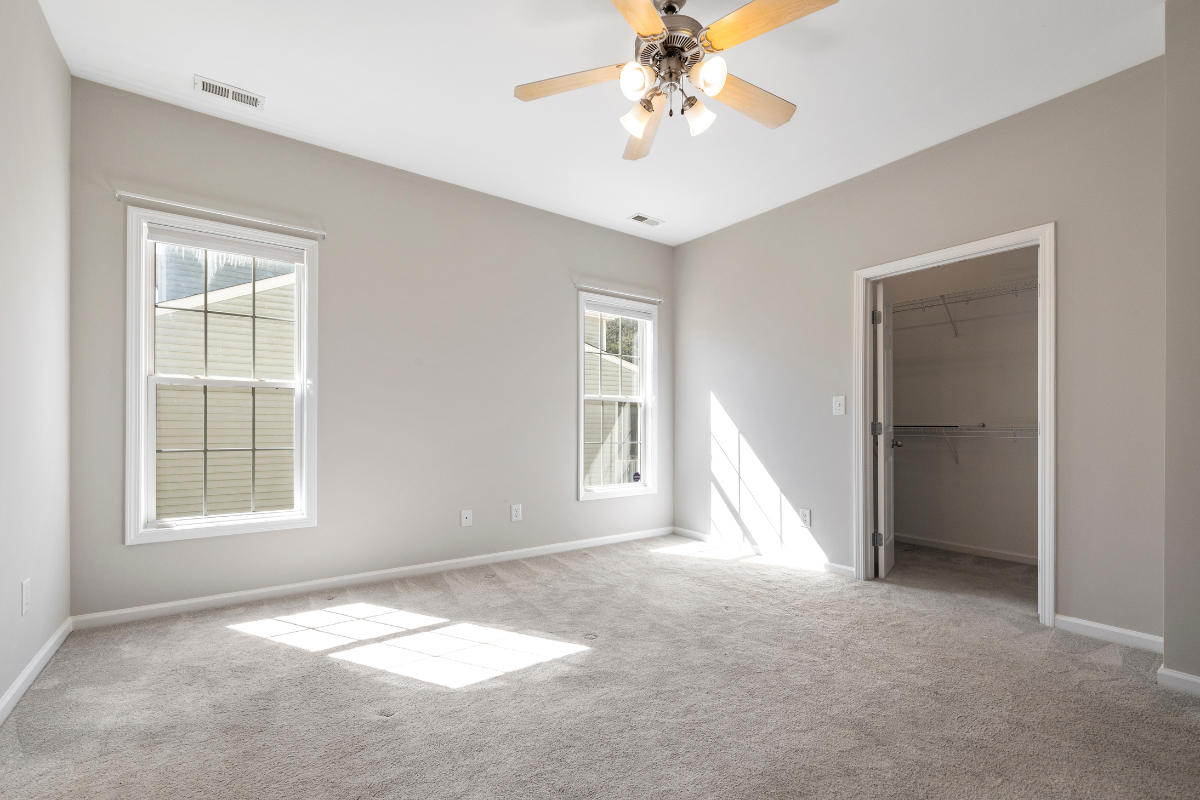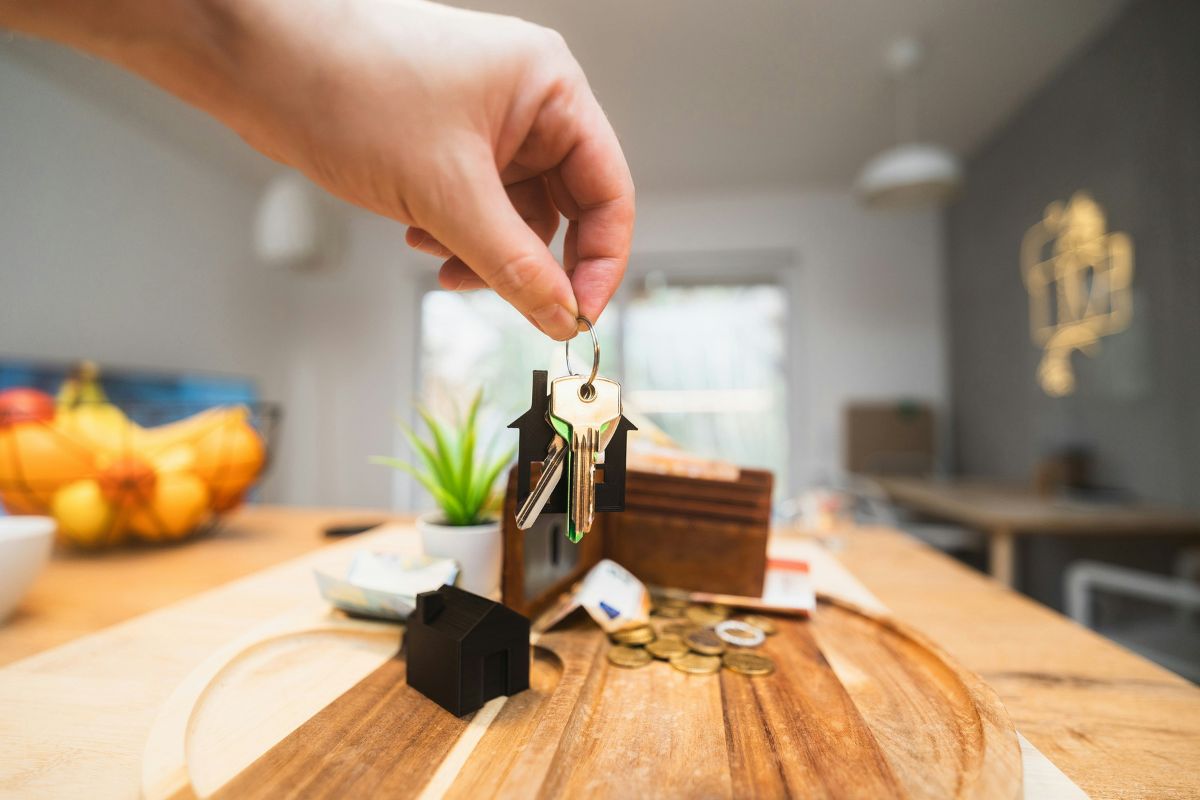What kind of investment property should you buy?
There are numerous options when it comes to the types of investment properties you can invest in and each come with different factors that need to be considered.
First, let’s look at the most obvious category…residential.
That’s houses right?
Houses are the most obvious, but there are also townhouses, units, granny flats, villas, tiny houses, then there are blocks of units, holiday homes, multiple duplexes, acreages, hobby farms and numerous other options.
Strictly commercial
The commercial category includes office spaces, shops, motels, factories, storage units, aged living, healthcare properties, multiple family properties, backpackers. Retirement living, over 55s blocks, the list goes on. These come with different rules, regulations, yields, rights and responsibilities.
Further within this category, you’ve got blocks of land, subdivisions, rural sites, farmland, agriculture and so on.
What’s in a name?
If you drive into the city and see the skyscrapers, they will often have a company name on the top side of the building. Maybe it’s a bank, or an accounting firm. Most of us assume that the company owns the whole building, but in actually fact they may be on one or two levels only and simply pay a fee to have their name displayed.
All of these types of properties make money in some way, so what type of investment is best for you?
Risk factor
The first thing you want to do is identify where your risk is coming from. Say you’re buying a property in a holiday unit or a retirement unit, you will find the risk is fairly high, because there are a limited number of people who can actually go into those properties. This means a smaller pool from which to draw potential rental income. That type of risk is also associated with what the operator of those properties can do.
For example, if an aged care operator or a holiday living operator is bad and no one wants to live or stay at their complexes, and it affects your revenue even though there’s nothing you can do about it.
For this reason, b Invested founder Nathan Birch steers clear of that type of property investment.
The right to bear farms
If you look at agricultural and land based investments, these have different risks.
Farms generally don’t bring in a great deal of revenue and if they do, there are often hidden expenses such as water rights fees to access water, plus a limited ability to get bank loans due to the very small market for resale, land tax (which is obviously much more on big properties).
These sorts of investments are not really for the average investor. They can be worthwhile for those who are actually planning to live and work on the land; or perhaps a developer looking to develop the area.
Passive, not active
Nathan Birch has always preferred to be a passive investor so as not to deal with the pressure. He doesn’t want to risk his money against speculative projects being completed on time when there are elements involved that are outside of his control. Active investors rely on selling to make their money and then go again on the next investment.
Nathan likes to hold his property indefinitely, unless there is a crazy time in the market where it makes more sense to sell. It is very rare that he sells an asset and over time, he benefits from multiple market cycles, inflation of rental income and not having to pay associated costs. His debt remains the same or comes down, while his income and equity keeps growing with no limit to its potential. The longer he holds, the better his position becomes.



